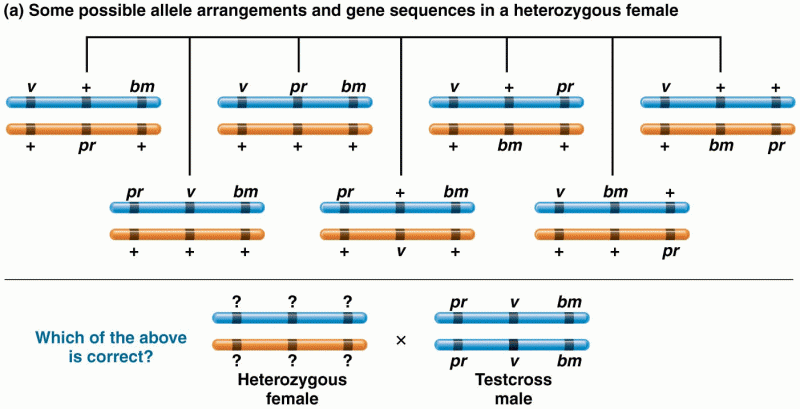|
|
|
On average, the stomach produces 2 L of hydrochloric acid per day.
Most childhood vaccines are 90–99% effective in preventing disease. Side effects are rarely serious.
Cancer has been around as long as humankind, but only in the second half of the twentieth century did the number of cancer cases explode.
Symptoms of kidney problems include a loss of appetite, back pain (which may be sudden and intense), chills, abdominal pain, fluid retention, nausea, the urge to urinate, vomiting, and fever.
In the ancient and medieval periods, dysentery killed about ? of all babies before they reach 12 months of age. The disease was transferred through contaminated drinking water, because there was no way to adequately dispose of sewage, which contaminated the water.






